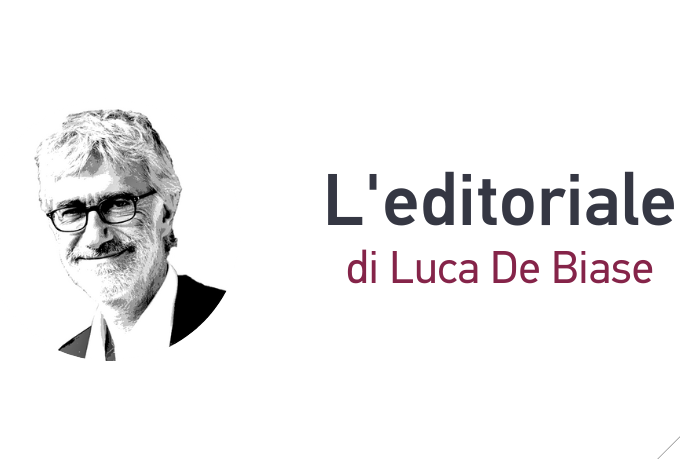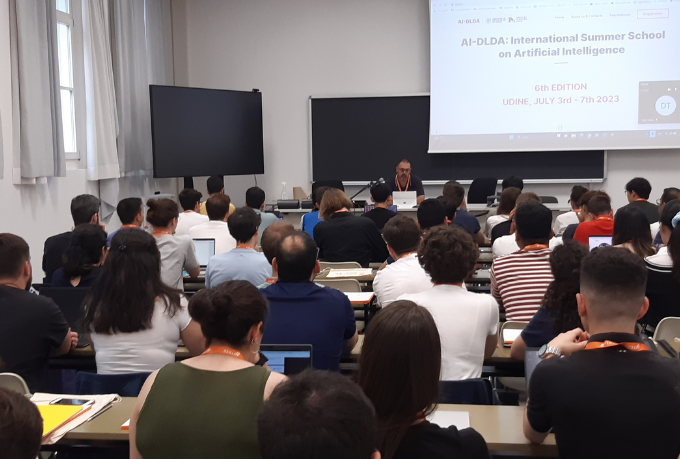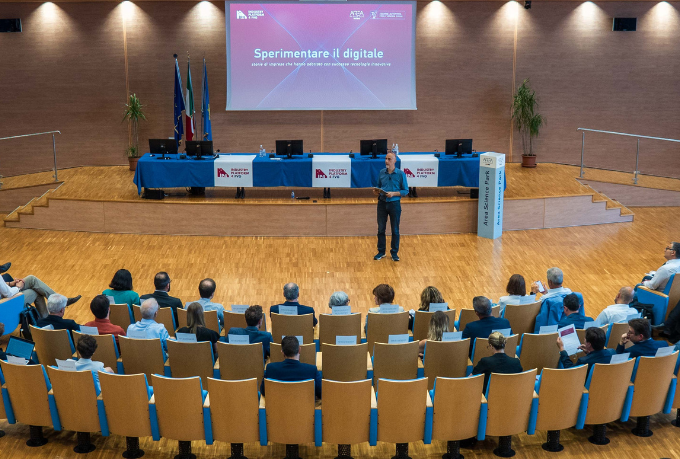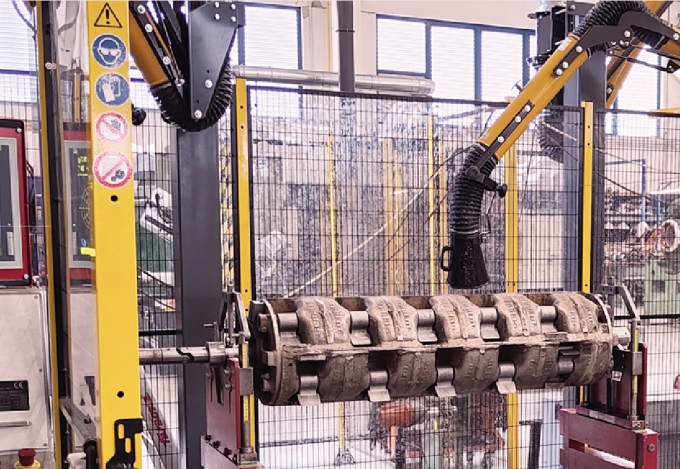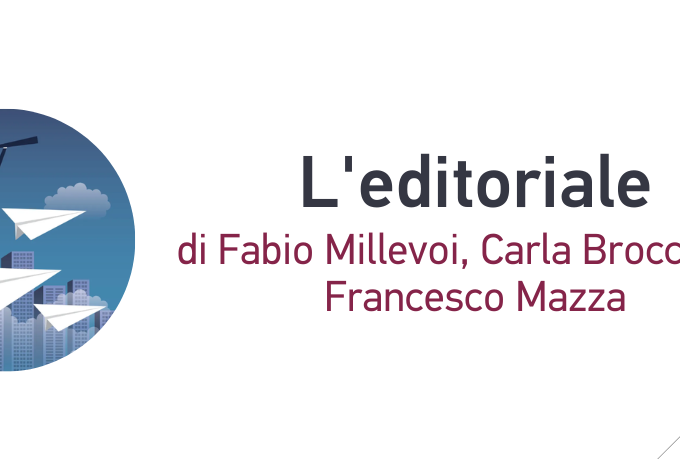
1 December 2022
The war for talent, how regional ICT companies deal with skill shortage
2022 FVG Digital Report: between well-being at the workplace and work-life balance, here are the strategies deployed by companies
Talent recruitment, attraction, and retention are the new buzzwords in Italy’s digital industry, where overall turnover is on the rise, albeit the area of human resources is experiencing serious difficulties. “The shortage of specialised skills that has plagued the digital industry for years now is turning into a real emergency”, cf. Anitec-Assinform 2022 report.
Things do not look different for the regional ICT industry. While in the last five years the number of businesses and the number of employees has grown by 4.4% and 9.9%, respectively, local entrepreneurs and managers hold that a real war on talent hoarding is being fought.
This and how regional companies are gearing up to deal with the emergency was discussed during the presentation of the FVG Digitale 2022 report, sponsored by Ditedi, the regional ICT cluster, and authored by Maria Chiarvesio and Raffaella Tabacco of the University of Udine and Guido Bortoluzzi of the University of Trieste.
The key takeaway from the 2022 report is that no company can possibly believe to be unaffected by this: very small businesses are constantly having their resources snatched by medium-sized companies, which in turn give them up to large-sized companies, which ultimately need to withstand competition from multinational juggernauts, such as Google and Facebook. This is also due to remote working, which allows technicians and digital professionals to work comfortably from afar and thus tap into an exponentially larger labour market.
In preparing the FVG Digitale report, the authors collected 13 interviews with as many companies based in the region to analyse how the industry is responding to this situation in terms of both attracting and retaining talent.
Below is an overview of the findings
Attracting talent
In the post-pandemic period, remote working allows businesses to access a larger market, but as we have seen, talented individuals also have a larger audience to whom they can relate. According to some of the companies surveyed, recruitment channels remain virtually unchanged, as only the extent of the relevant local area – if relying on remote working – has expanded considerably. It remains to be seen to what extent and how it can be relied upon so that the appeal of in-person relationships and the level of control guaranteed by in-person work are not foregone.
To be attractive, FVG companies are beginning to invest much more in quality of relationships and internal well-being by launching initiatives in and out of working hours. More importantly, they must know how to communicate this externally to become more attractive in the eyes of potential employees.
Retaining resources
The companies surveyed are more or less implementing a number of measures to create a climate of well-being in the workplace and with people. The issues they endeavour to address include: higher salary and benefits greater, flexibility (remote working and flexible hours), talent enhancement, and continuing education, better work-life balance, welfare and well-being within the company (employee and family initiatives, team building, in-company recreational activities, quality of work spaces). All of them becoming pressing – albeit not new – issues since the pandemic. The pandemic has heightened their urgency, imposing them as radical changes needed to adapt to the context and new demands of the labour market.
Regarding wage incentives, FVG companies resort more to benefits than to actual increases, i.e. productivity or performance bonuses. Training is seen as one of the main benefits, satisfying personal growth and retaining talent, at least in the short term. This requires companies to build stable relationships with education organisations.
However, it is work-life balance and well-being at the workplace where initiatives are plentiful, with the aim of making work more enjoyable and productive. The pandemic period, and the related phenomenon known as Great Resignation, has redefined the scale of individual priorities: people are no longer willing to work if conditions are not satisfactory. And it is not just about financial conditions. In particular, new generations are always looking for challenging and new projects where they can experience exchange and growth.
Adjusting to a new work-life balance, therefore, is increasingly raising the expectations of job seekers or those who want to change jobs. Many companies in Friuli Venezia Giulia have realised this, either through conviction or necessity. The others will just have to follow them. Those who fall behind will find it increasingly difficult to find skilled employees, even more so if no adequate financial incentive packages are provided.




